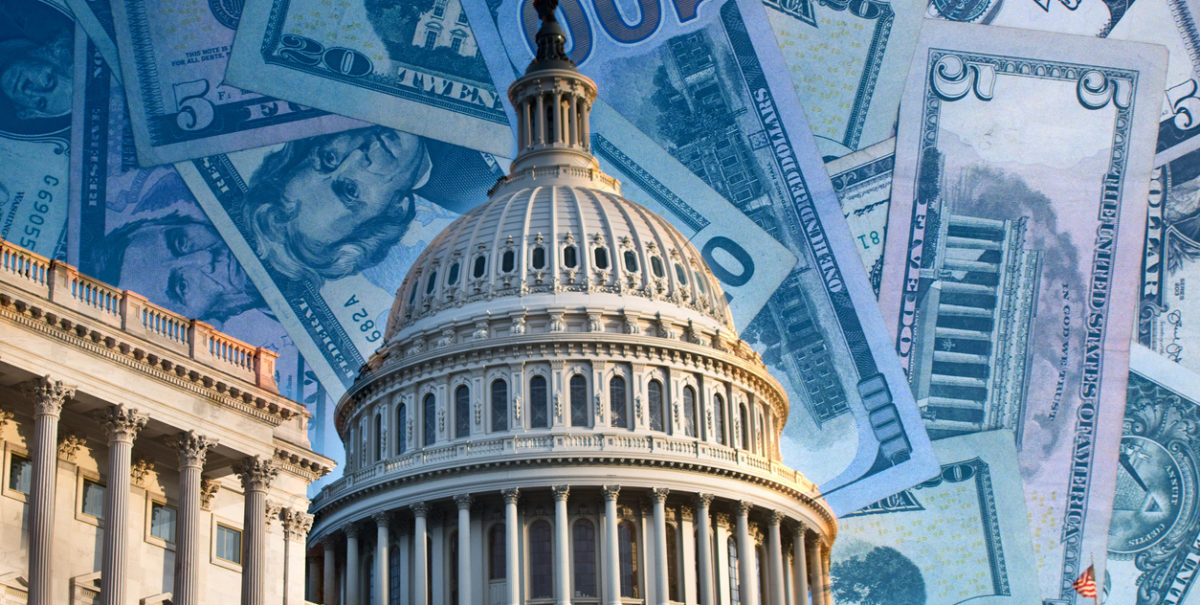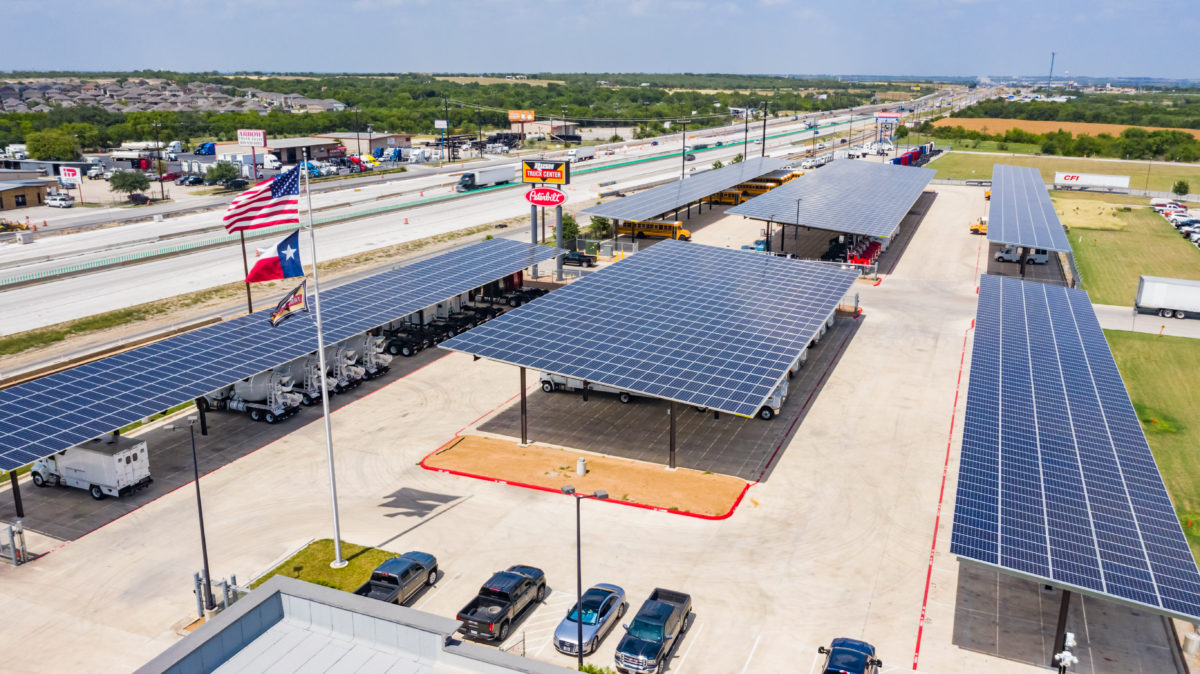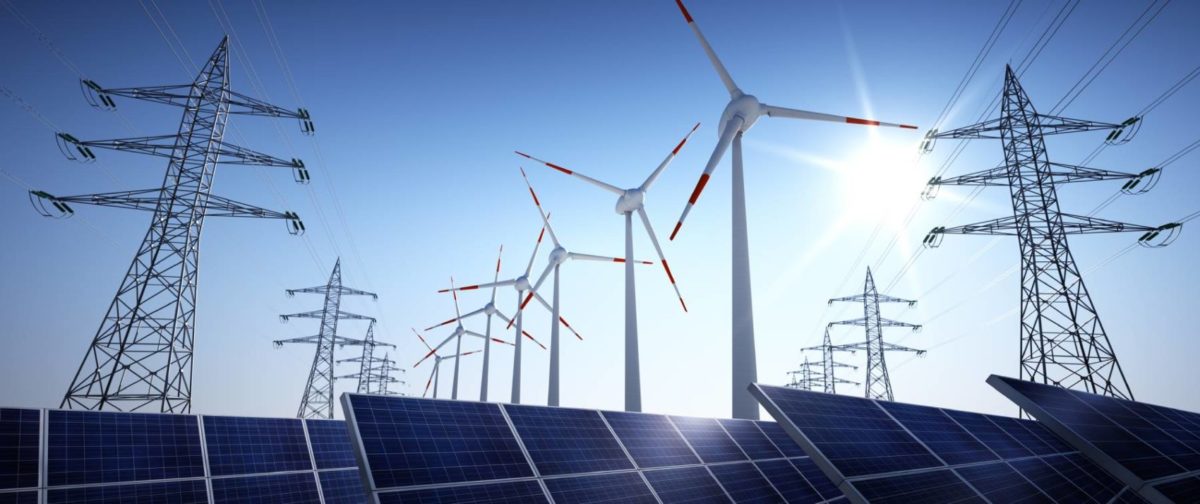This webinar convened U.S. state practitioners for a learning opportunity focused on how the State Energy Program (SEP) grant program, as re-authorized through the IIJA, creates an innovative landscape for states to fund ambitious climate projects over the next four years and address climate equity issues. The discussion drew on existing innovation, highlighting examples in which states have ambitiously used SEP funds on decarbonization and climate equity programs.
The (Blue) Sky’s the Limit: Explore New Opportunities for State-Led Energy Leadership



